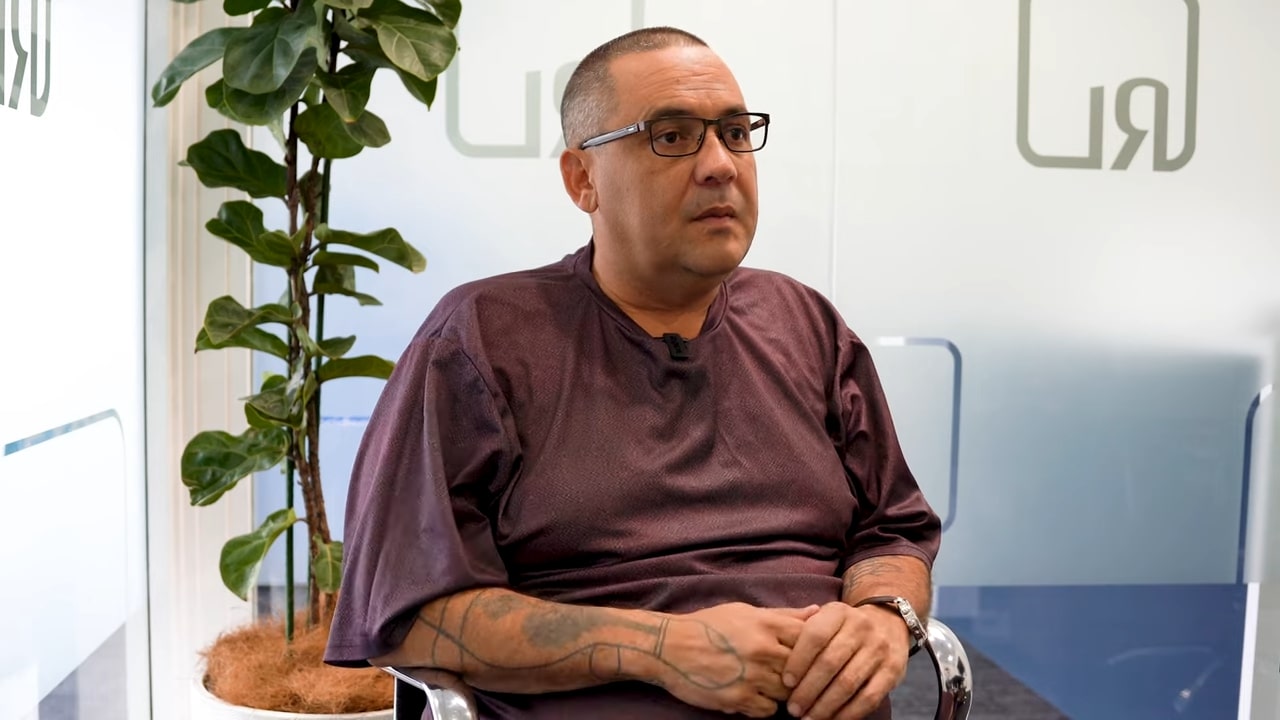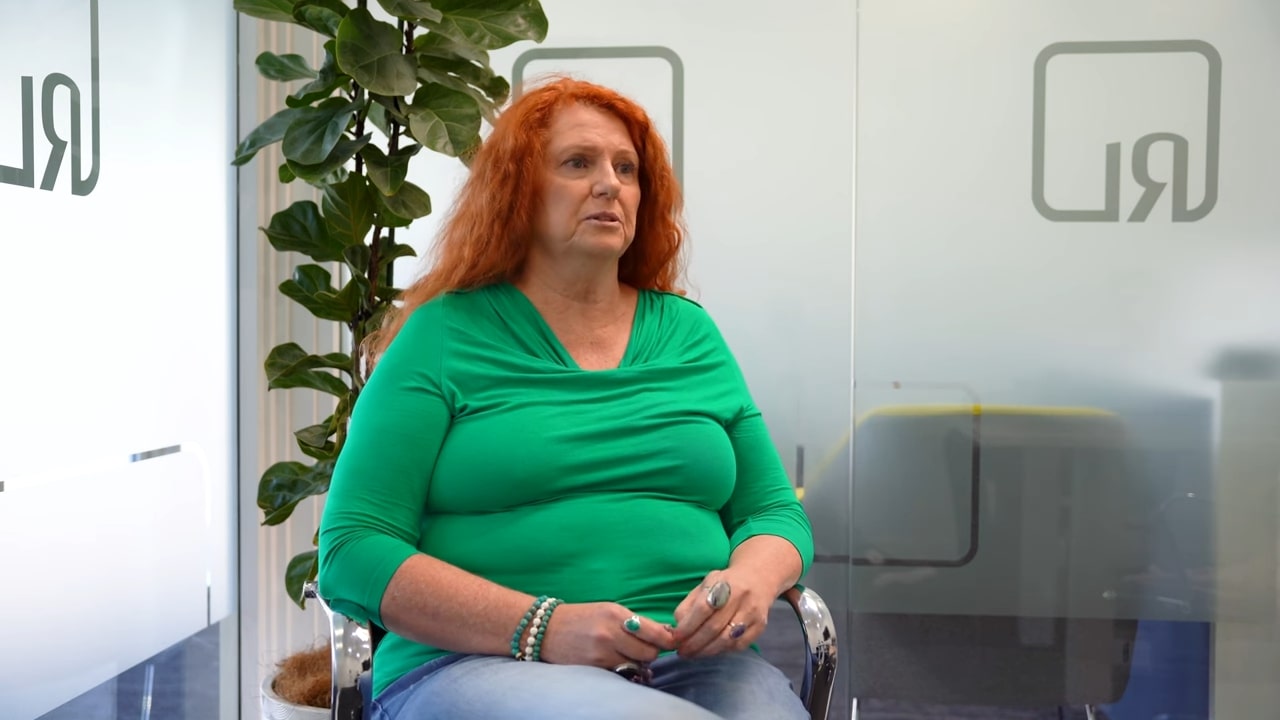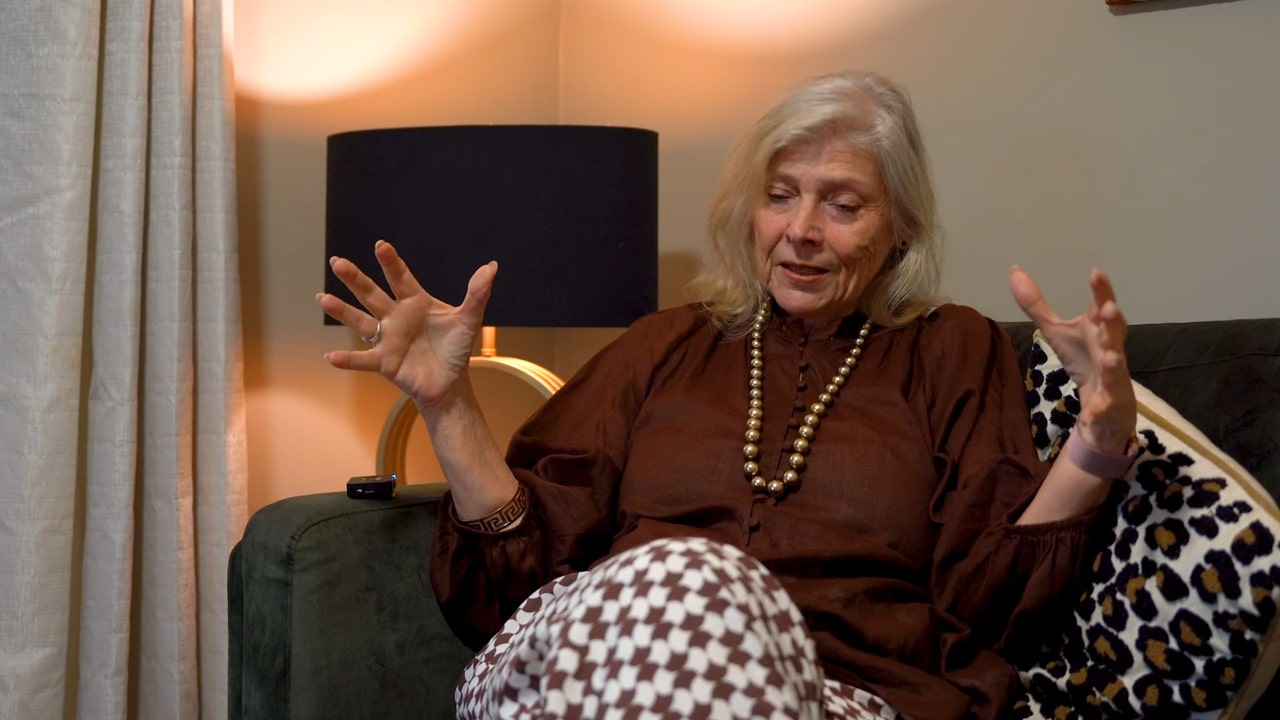Who can make an institutional abuse claim?
Institutional abuse is when an organisation is accountable for causing physical, psychological, or sexual harm to an individual or a child. In Queensland, if you were under 18 at the time of abuse, you can make a claim at any time. If you were 18 or older, you generally have 3 years from the date of each instance of abuse to bring a claim.
Examples of institutions include:
- Churches and other religious institutions
- Orphanages and Foster homes
- Detention centres
- Prisons and Correction centres
- Schools and Universities (public and private)
- Childcare centres
- Youth and community groups
- Medical centres
Many individuals who experience institutional abuse carry the scars of their experience for the remainder of their lives. If you have experienced abuse, you may have the right to seek compensation for the irreversible harm caused.
Rogalski Lawyers handles all institutional abuse claims with patience and empathy, regardless of when it happened or your current age. We ensure full accountability for perpetrators and those who try to cover up the abuse.
Get a FREE Claim AssessmentWhat does institutional abuse compensation cover?
Institutional abuse isn’t always physical violence – it can also be sexual in nature. Depending on your situation, you may be eligible to claim for:
Pain and suffering
Past and future loss of income
Past and future medical costs and rehabilitative care
Commercial value of care and assistance
Associated legal costs

Common Examples of Institutional Abuse
Experiencing abuse, even if it occurred only once, can have a lasting impact on you. There are multiple types of abuse, including:
- Physical abuse
- Mental abuse
- Sexual abuse
After the Royal Commission into Institutional Responses to Child Sex Abuse, survivors now have additional avenues to obtain compensation. It’s best to seek personalised legal guidance from one of our specialised lawyers to explore these new options.

Don’t go it alone – we’re here for you
It can be overwhelming and triggering to take legal action for any reason, let alone abuse. When an institution in power is at fault, you may feel the law will dismiss or invalidate your story. However, with an experienced abuse lawyer fighting for your case, you may receive more compensation than you ever imagined.
At Rogalski Lawyers, we understand the weight of your situation and the difficulty in sharing your story. Our skilled lawyers respect and strive to ease your concerns with caring attention and tailored support. We offer in-person meetings at your home or our office, whichever makes you feel most comfortable.
Enquire NowWe’ve helped hundreds of clients since 2018
Want to know if you have a claim?
Our lighting-fast, user-friendly online claim checker can confirm if you have a valid claim.

Institutional Abuse FAQs
I was abused many years ago but I was under 18 years of age at the time. Can I still make a claim?
Yes. In Queensland, the time limits for bringing a common law claim for damages were abolished for any abuse endured by individuals under 18 years of age. Laws may differ in other states and territories, so it’s important to seek legal advice without delay.
The National Redress Scheme is also open to applicants that were abused under 18 years of age. However, an application must be made by 30 June 2027. It will no longer accept applications after that date.
Other time limits apply for anyone that was abused at the age of 18 or older in Queensland. If this applied to you, we strongly recommend that you seek legal advice without delay.
What is the National Redress Scheme?
The National Redress Scheme was made after recommendations from the Royal Commission into Institutional Responses to Child Sexual Abuse. It allows victims to receive a redress payment, counselling, and psychological support. It also can obtain a response from the institution responsible, such as an apology and acknowledgment of the harm done.
To get compensation through the National Redress Scheme, the organisations being claimed against must be registered with and actively involved in the scheme.
Do I need a witness to support my claim?
No. Evidence from a witness would be helpful, but it is not necessary. A claimant can tell their story first-hand without any corroborating evidence and be accepted.
How long will my abuse claim take to complete?
A claim of this nature is often very complex and requires a significant amount of investigation. Generally speaking, the National Redress Scheme applications are shorter in duration compared to a common law claim for damages.


